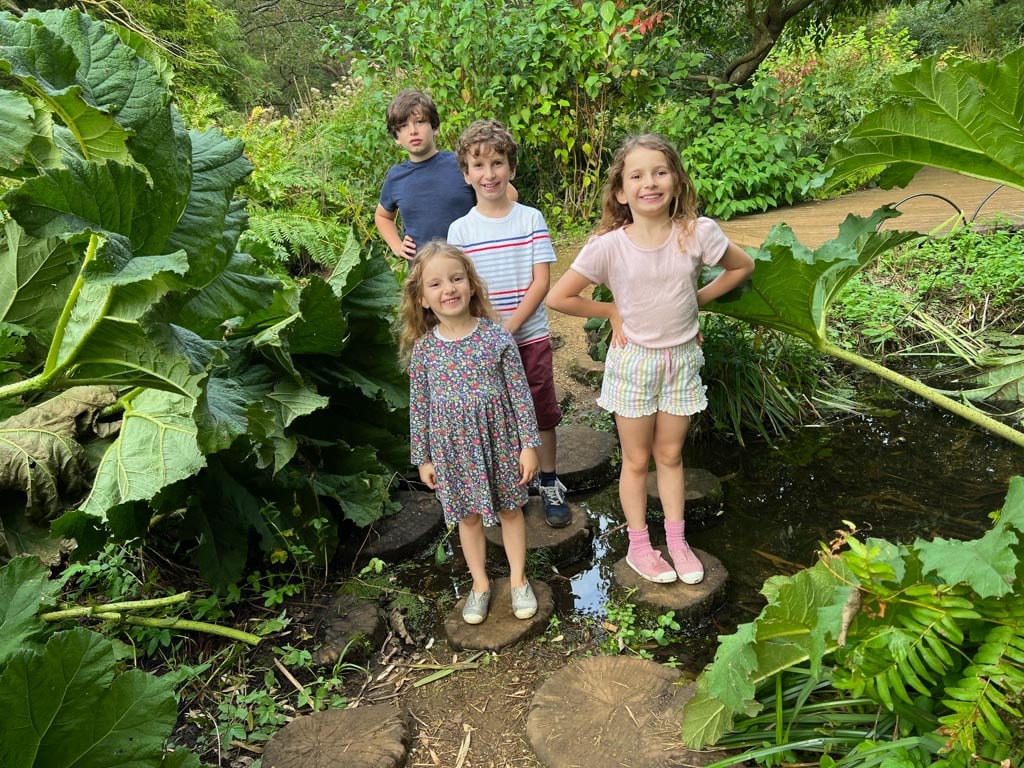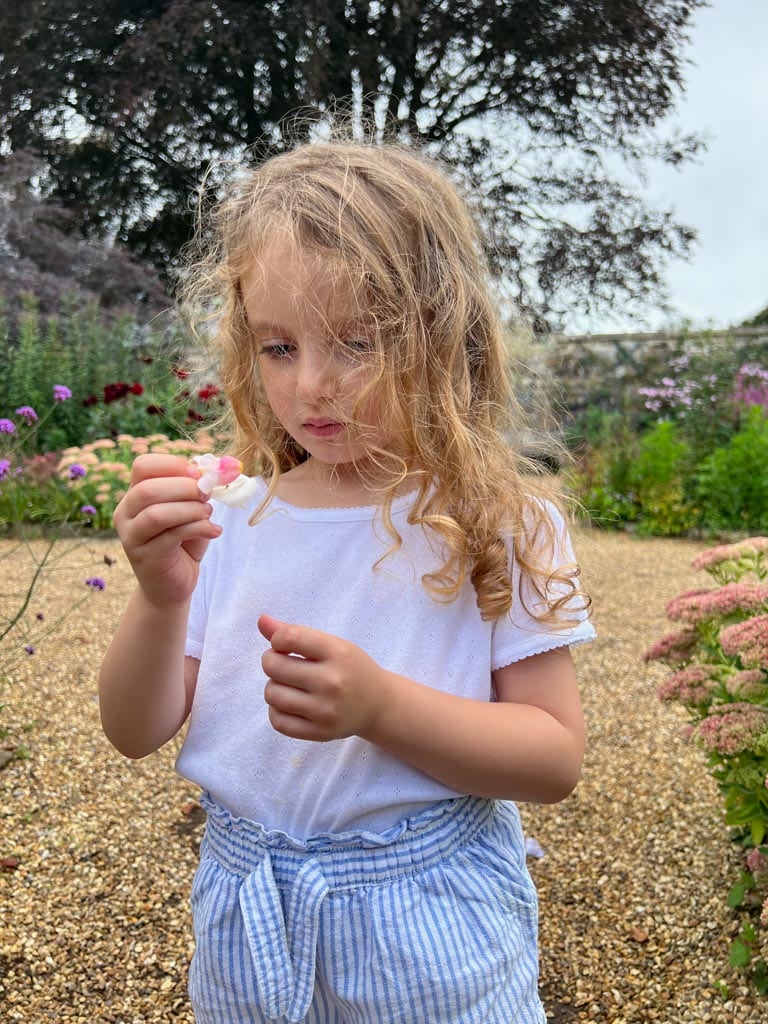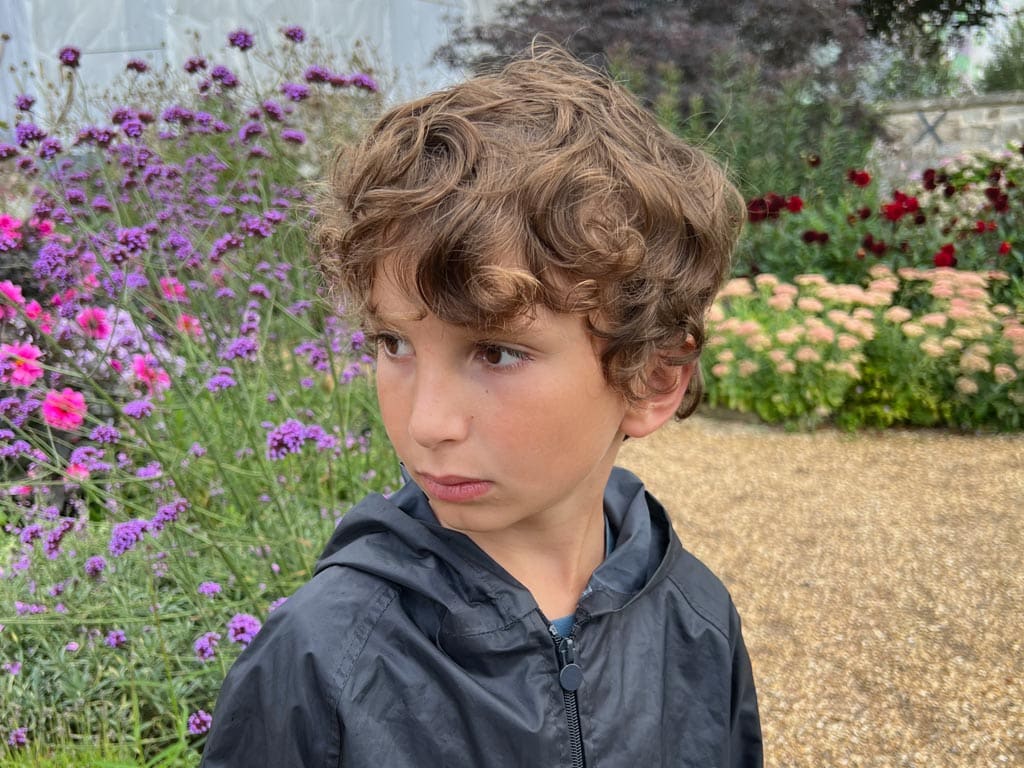When you sign up to 5 Plus, our new course for parents of children over five, you get a quick welcome email.
Is there anything you’re particularly struggling with? I ask.
Everyone replies. And there’s lots of variety in the responses. But the common to almost everyone is screen time.
“I’m a lone parent, so encouraging independent play is important. I want to be able to support my sons’ creativity and to help them take their ideas and run with them, but often struggle to balance that with everything else that needs doing, and some self-care. Any suggestions that prevent us from relying on screen time as an easy fix would be helpful.”
“My children are 14, 8 and 5 years old. The main thing we are struggling with is that during the pandemic screen time took over our life and now we have no limits. I know if I offer alternative activities it will help but I now work full time outside the house and haven’t been keeping up with invitations to play etc like I used to.”
“What I am struggling with at the moment is making playtime more interesting than screen time. My 7-year-old in particular loves nothing more than playing games on his tablet or Nintendo Switch. We do limit access to these to set time slots at the weekend, but getting him to busy himself the rest of the time is a struggle. He has countless figures and toys but mainly wants to play these with my husband by his side.”
“Screens also seem to exercise a gravitational pull on the girls. Again, I would like to keep them engaged by setting up the environment and offering materials that will stimulate their creativity and imagination, but that don’t require too much oversight or involvement on my part. Is that even possible??”
We all know screen time is bad. But it’s also a lifesaver. It’s why we do it.
I can’t be a good father if I am stressed and overwhelmed. I work from home. I have deadlines.
The temptation is to hand out the devices. Four quiet children means I’m free to write you emails on the evils of screens…

Dopamine
When your child is engrossed in a game on the iPad or console, her brain is frequently rewarded with bursts of dopamine. This is especially true with games that provide immediate feedback and rewards, like points, new levels and exciting visual and sound effects. These little hits of dopamine make the experience fun and addictive. Your child’s brain wants to continue receiving these rewards, so she resists your pleas to stop.
Worse, when the screen is finally taken away and the dopamine goes, so too does the excitement, leading to feelings of frustration and disappointment.
Reality feels dull.
Who wants to pick up a book or play in their room when coming down from a dopamine high?
One sneaky trick game designers use to keep children playing is intermittent reinforcement. Like playing on a slot machine, the rewards are not received regularly. There is no way to predict them. This adds to the addictiveness. Don’t stop now! Your next reward might arrive at any moment! When you ask your child to stop, she feels that she is in the middle of something important.
Cue rage.

The solution
So what to do?
Our new course, 5 Plus is, in many ways, all about getting away from screens. Like A Year With My Child and Get Set Five, the focus is on independent self starters who make their own fun. And that means we have to find something that replaces that dopamine hit.
But an eight-year-old can see through you. She knows when you are trying to buy her off with worthy but less interesting activities. She won’t be fooled. A craft trolley? No thanks. I’d rather watch YouTube.
Now, I know what you’re thinking. Alexis, you’re always talking about the importance of having a craft trolley. You said children like to explore the materials and experiment. What changed?
Nothing. Your child got older. She has had years of cutting and sticking, colouring and threading. She was attracted to craft activities because she instinctively understood that they had lessons to teach her: pincer grip, bilateral coordination, positioning, scissor skills and spatial reasoning, among others.
But now she needs something more challenging. If not screens then what?
In the course, we look at reading and writing, maths and science – but we’ll cover them tangentially. Like our other courses, I want your child to get to the end having learnt something but the learning should come naturally, as a result of doing interesting things.
Most importantly, I want her to do interesting things independently.
An organised home is not enough
Organising your home helps. When children know where to find things it makes it easier for them to grab what they need when they have an idea.
But what is that idea? What is it that your child wants to do? If she has abdicated responsibility for her entertainment to outside forces, i.e. Roblox and Netflix, it’s only natural that she feels bored when left to fend for herself.
The trick is to offer something positive in its place, something your child is intrinsically motivated to pursue.
Intrinsic motivation is better than activities
Here we are at the heart of 5 Plus.
Yes, there are activities. But the aim is for your child to find something that she loves, something that she will voluntarily come back to again and again.
It’s not about starting a hobby that lasts for five years. It’s about developing a mind that’s curious enough to want to explore subjects in depth and to pursue lines of inquiry.
I mentioned in a recent newsletter that we visited Small is Beautiful when it was in London. My children were inspired, but each one in a different way. My eldest, who is not a crafter by nature, was fascinated by the paper buildings and decided to make a paper town of his own. Every day for a week, he came home from school and went straight upstairs to continue making.
It didn’t become a long-term interest but for a week he forgot about screens, directed his own play and – best of all – my role was minimal. I didn’t have to think about how to entertain him.

Final word
In short, the promise of 5 Plus is not activities, it’s independence.
It’s a child who can make her own fun, who has interests and the intrinsic motivation to pursue them.
Because making your own fun means less screen time and more creativity. Which leads to less screen time…
It’s a virtuous circle.
Down with dopamine!
Our courses
Toddlers: A Year With My Child
Preschoolers: Get Set Five

